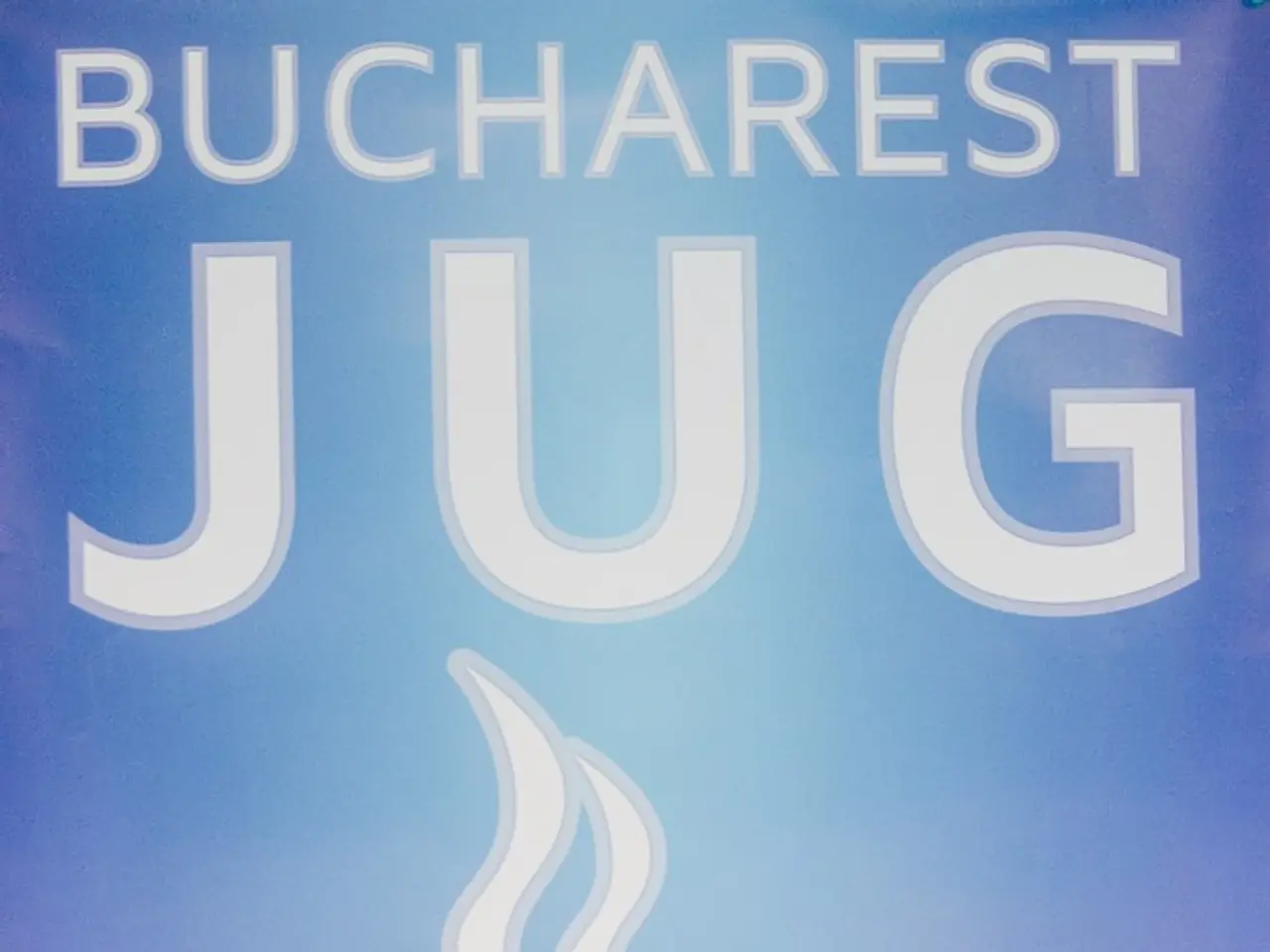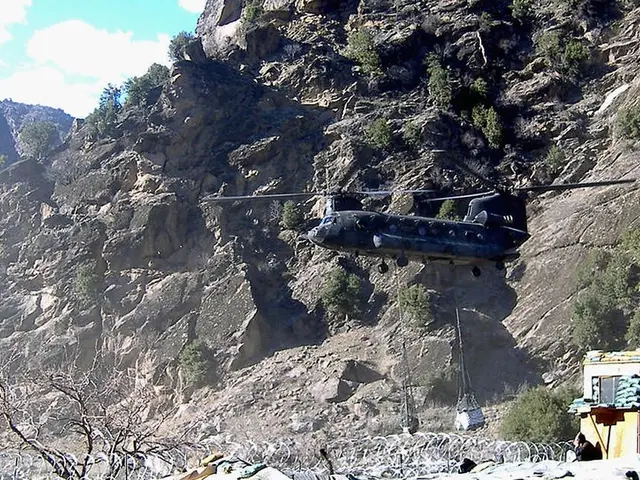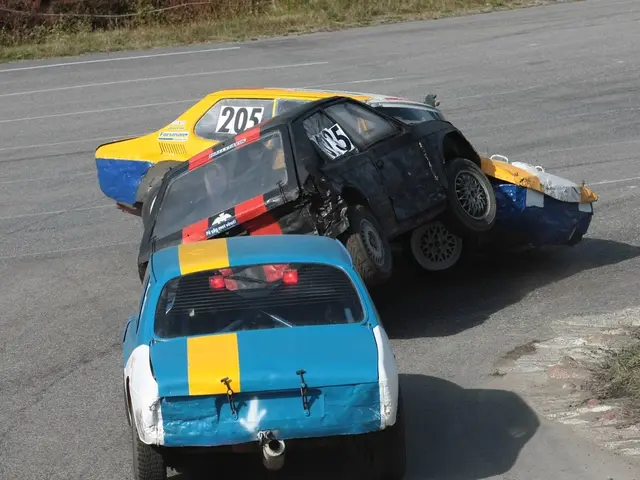International community expands as EU invites UK and Canada to collaborate in military weaponry program
The European Union's Security Action for Europe (SAFE) program, designed to provide low-interest loans for weapons purchases, is set for expansion as Turkey and other countries express their interest to join. However, the path to membership is not straightforward, as it requires unanimous backing from EU member countries and potential approval from the European Parliament.
SAFE, proposed by the European Commission in March and officially approved by member countries in May, aims to boost the bloc's military-industrial complex, lessen the fragmentation of its arms industry, and reduce Europe's dependence on U.S. arms systems. The program encourages countries to team up to cut procurement costs and is open to EU countries, Ukraine, EFTA members, EU applicants, and countries with defense pacts with the bloc, which includes the U.K. and Canada.
Turkey has submitted its bid to join SAFE, but the process could be complicated. The negotiating document outlines principles for eligibility criteria, fair balance of contributions and benefits in joint procurements. However, Greece and Cyprus have voiced concerns about opening the door to Turkey, potentially creating a hurdle in the membership process.
The U.K., a reliable partner in times of Russian aggression, is also seeking to join SAFE. The European Commission will start talks with the U.K. to access the program, with a single negotiating mandate but separate talks leading to two separate agreements. The Commission will also hold talks with Canada, another significant source of raw materials currently dominated by China.
South Korea has expressed interest in joining SAFE, and EU countries are keen on this possibility as it would allow them to use SAFE funds to buy South Korean weapons. The EU and South Korea have recently signed a security and defense partnership, further strengthening the ties between the two.
However, expanding SAFE to nonmember countries is politically complex. Outside countries can account for a maximum of 35% of the value of a weapons system, but the rules for participating countries have yet to be set. Third countries participating in SAFE will contribute to administrative costs and pay participation fees, potentially leading to different agreements for the U.K. and Canada.
India has shown interest in joining SAFE, but its participation in Russia's Zapad military exercises could potentially undermine its bid. The final agreement will specify the rules for components originating in the U.K. and Canada, including the minimum share of components produced in the EU and its partners, and the maximum share of components made outside the SAFE club.
One of the concerns raised by the European Parliament's defense committee member, Hannah Neumann, is trading democracy for arms cooperation with Turkey, particularly in the context of SAFE. This reflects the delicate balance the EU must maintain in its pursuit of military cooperation while upholding its democratic values.
As the SAFE program expands, it promises to reshape the European arms industry and strengthen defense ties with key partners. The negotiations are ongoing, and the final outcome will depend on the decisions of the EU member countries and the European Parliament.






